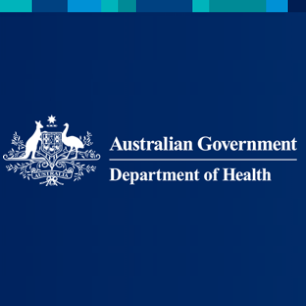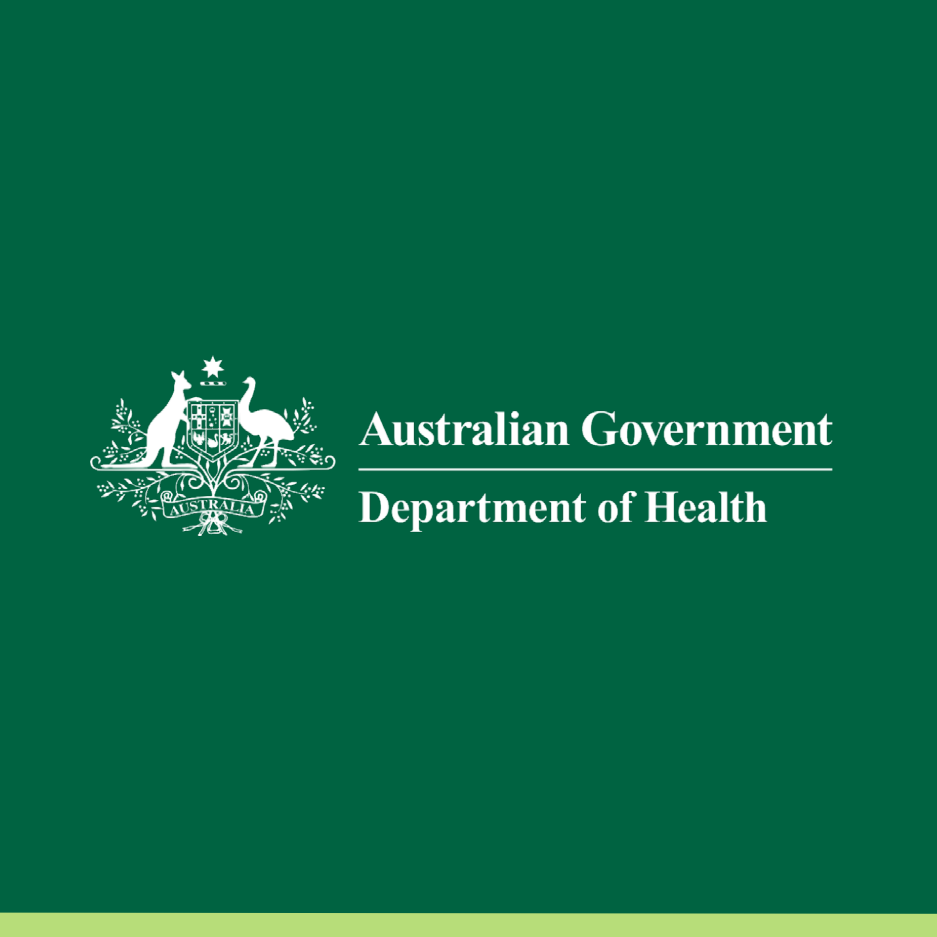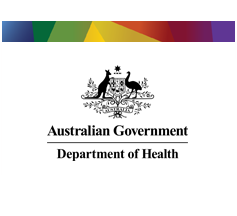Our main office in Melbourne is now closed, and all our staff are working remotely (where possible).
The Manad Plus Help Desk is still open and running; however all support channels in the short-term are now ’email only’ via support@manad.com.au.
IMPORTANT: Our landline phone of 1300 62 62 32 will no longer be monitored so please inform your staff of this. We are in the process of getting a voicemail recording updated to notify you of this if you forget and do call. Our existing email support ticket system will continue to operate as usual as this can be accessed remotely by our support team.
We encourage all our clients to send all emails to support@manad.com.au, clearly outline what your request/issue/question(s) etc. is and include your email signature in ‘all’ replies, so we have quick and easy access to your key contact numbers.
We will then triage your email to the correct person in our team to assist and best support you in these difficult times. If we require further details, then we may request this via email or we will give you a call and may use TeamViewer so we can connect live to your PC and step through what you want to do as we currently do now.
Please note there may be some teething issues as we get all the ‘tech’ right for each staff member, but we hope this will be as seamless for you as possible. We appreciate our clients (and all aged care organisations) are under an immense amount of pressure and stress, and we are here to help and make your life as easy as possible. If we can be of any assistance or you are unsure how to use any features within Manad Plus, then please reach out for help.
NOTE:
To ensure our Help Desk team can best support your staff when they are contacting us, please remember when emailing it makes it much easier to reply quickly and accurately when a screenshot is attached. This allows us to see where you are within Manad Plus and better understand what you are viewing.
If you are unsure how you can take a screenshot of what is on your screen, then you can generally do this via the PrtScn (Print Screen) key on your keyboard and then paste this into your email. There are also a variety of tools for screen captures where you can also add mark-ups, such as the ‘Snipping Tool’ built into most Windows PCs or the newer ‘Snip & Sketch’ application.
You may need to speak to your IT Administrator if you are unable to use these tools or if they are not installed.
See: Snip & Sketch









